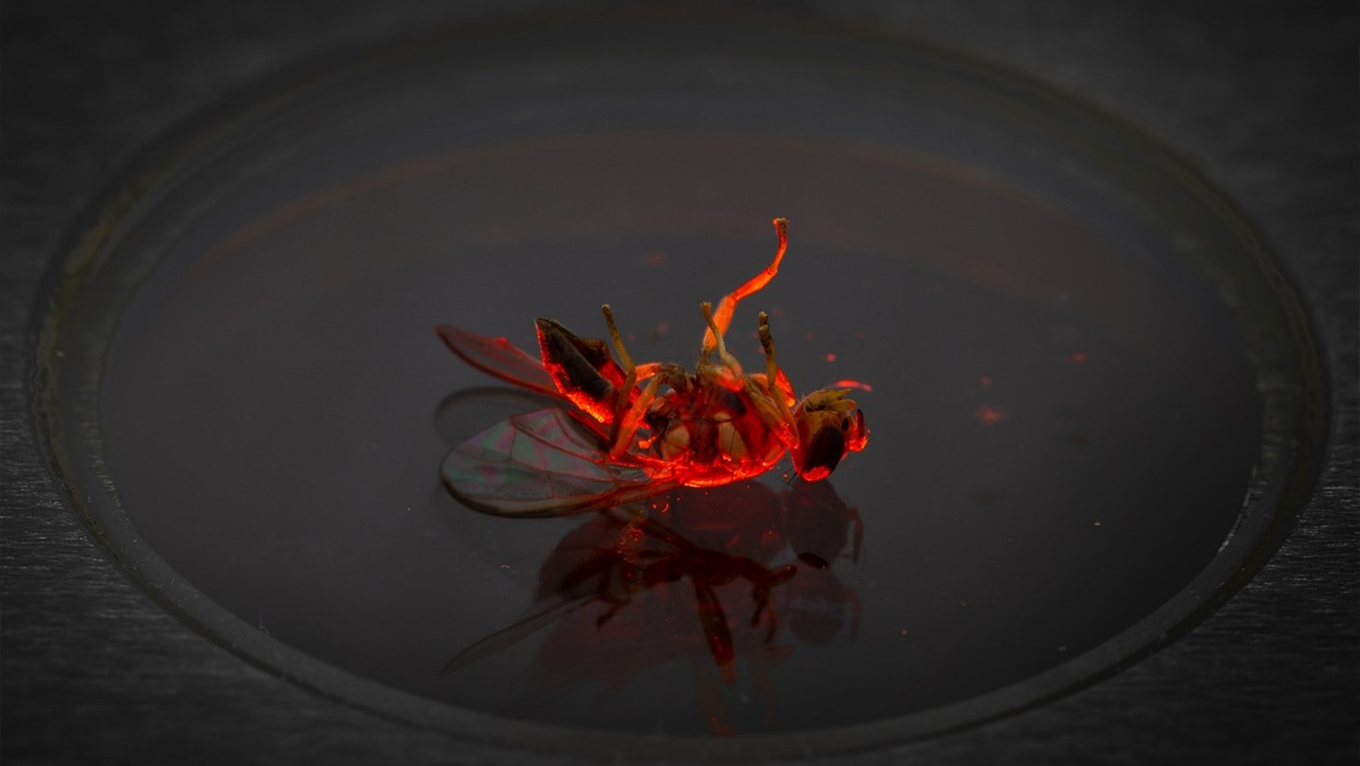Agriculture Technology and Adoption Centre (AgTAC) Projects Smart Technologies to improve biosecurity outcomes in horticulture
Smart Technologies to improve biosecurity outcomes in horticulture
- Future Students
- JCU Global Experience
- International Students
- Open Day
- How to apply
- Pathways to university
- Virtual Open Day
- Living on Campus
- Courses
- Publications
- Scholarships
- Parents and Partners
- JCU Heroes Programs
- Aboriginal and Torres Strait Islander in Marine Science
- Elite Athletes
- Defence
- Current Students
- New students
- JCU Orientation
- LearnJCU
- Placements
- CEE
- Unicare Centre and Unicampus Kids
- Graduation
- Off-Campus Students
- JCU Job Ready
- Safety and Wellbeing
- JCU Prizes
- Professional Experience Placement
- Employability Edge
- Art of Academic Writing
- Art of Academic Editing
- Careers and Employability
- Student Equity and Wellbeing
- Career Ready Plan
- Careers at JCU
- Partners and Community
- JCU-CSIRO Partnership
- Alumni
- About JCU
- Reputation and Experience
- Chancellery
- Governance
- Celebrating 50 Years
- Academy
- Indigenous Engagement
- Education Division
- Graduate Research School
- Research and Teaching
- Research Division
- Research and Innovation Services
- CASE
- College of Business, Law and Governance
- College of Healthcare Sciences
- College of Medicine and Dentistry
- College of Science and Engineering
- CPHMVS
- Anthropological Laboratory for Tropical Audiovisual Research (ALTAR)
- Anton Breinl Research Centre
- Agriculture Technology and Adoption Centre (AgTAC)
- Advanced Analytical Centre
- AMHHEC
- Aquaculture Solutions
- AusAsian Mental Health Research Group
- ARCSTA
- Area 61
- Lions Marine Research Trust
- Australian Tropical Herbarium
- Australian Quantum & Classical Transport Physics Group
- Boating and Diving
- Clinical Psychedelic Research Lab
- Centre for Tropical Biosecurity
- Centre for Tropical Bioinformatics and Molecular Biology
- CITBA
- CMT
- Centre for Disaster Solutions
- CSTFA
- Cyclone Testing Station
- The Centre for Disaster Studies
- Daintree Rainforest Observatory
- Fletcherview
- JCU Eduquarium
- JCU Turtle Health Research
- Language and Culture Research Centre
- MARF
- Orpheus
- TESS
- JCU Ideas Lab
- TARL
- eResearch
- Indigenous Education and Research Centre
- Estate
- Work Health and Safety
- Staff
- Discover Nature at JCU
- Cyber Security Hub
- Association of Australian University Secretaries
- Services and Resources Division
- Environmental Research Complex [ERC]
- Foundation for Australian Literary Studies
- Gender Equity Action and Research
- Give to JCU
- Indigenous Legal Needs Project
- Inherent Requirements
- IsoTropics Geochemistry Lab
- IT Services
- JCU Webinars
- JCU Events
- JCU Motorsports
- JCU Sport
- Library
- Mabo Decision: 30 years on
- Marine Geophysics Laboratory
- Office of the Vice Chancellor and President
- Outstanding Alumni
- Pharmacy Full Scope
- Planning for your future
- Policy
- PAHL
- Queensland Research Centre for Peripheral Vascular Disease
- Rapid Assessment Unit
- RDIM
- Researcher Development Portal
- Roderick Centre for Australian Literature and Creative Writing
- Contextual Science for Tropical Coastal Ecosystems
- State of the Tropics
- Strategic Procurement
- Student profiles
- SWIRLnet
- TREAD
- TropEco for Staff and Students
- TQ Maths Hub
- TUDLab
- VAVS Home
- WHOCC for Vector-borne & NTDs
- Media
- Copyright and Terms of Use
- Australian Institute of Tropical Health & Medicine
- Pay review

Image credit: Brett Wedding, Steve Grauf and Luke Pavich of Crop and Food Science, Department of Agriculture and Fisheries.
Associate Professor Bronson Philippa leads the national Smart Technologies component of the $130 million eight-year FASTA program.
The Fresh and Secure Trade Alliance (FASTA) is a $130 million collaborative research initiative designed to protect and grow Australia’s horticultural exports. The program aims to increase horticultural market access, reduce the impact of endemic pests, improve preparedness for exotic biosecurity threats, and build research capacity across Australia.
“FASTA is an exciting program. It is a very large-scale research initiative, which means it can have a transformative impact on the Australian horticultural industries. Within the program, I am the national Component Lead for Smart Technologies, which means I am helping to manage the research strategy for the portfolio of technological projects. At the local level within JCU, our current work involves using near infrared spectroscopy (NIRS) for insect identification, NIRS and computer vision for post-harvest quality assessment, and developing automation to amplify the effectiveness of the other FASTA components.”
Associate Professor Bronson Philippa

FASTA aims to increase domestic and international trade of fresh produce, increase capability to respond to emerging issues more quickly, and provide Australian growers with new tools to manage horticulture pests. The long timeline supports the research pipeline, enabling translation of research from the laboratory towards adoption in industry. The main objectives of the program are to:
- Increase international and domestic market access,
- Increase biosecurity preparedness for exotic pests,
- Reduce the impact of endemic pests on sustainable horticulture crop production, and
- Build research capacity across Australia.
The program is organised into six components: market access, stress physiology, integrated pest management, surveillance and diagnostics, smart technologies, and building capacity. Of these, JCU is most strongly involved in the smart technologies component. Current projects include developing optical methods for species identification of tephritid fruit flies, ultimately to work towards smart traps for real-time monitoring in the field, and rapid, non-destructive methods for detecting insect damage in horticultural produce.
This eight-year, $130 million program commenced in August 2023.
The Fresh and Secure Trade Alliance is funded through Hort Innovation's Hort Frontiers strategic partnership initiative, with co-investment from the Department of Agriculture and Fisheries, Department of Primary Industries and Regional Development, Department of Energy, Environment and Climate Action, Department of Tourism, Industry and Trade, Department of Primary Industries and Regions, Department of Natural Resources and Environment, Queensland University of Technology, James Cook University, Western Sydney University, Australian Blueberry Growers’ Association, GreenSkin Avocados, and contributions from the Australian Government and the strawberry and avocado R&D levy.
